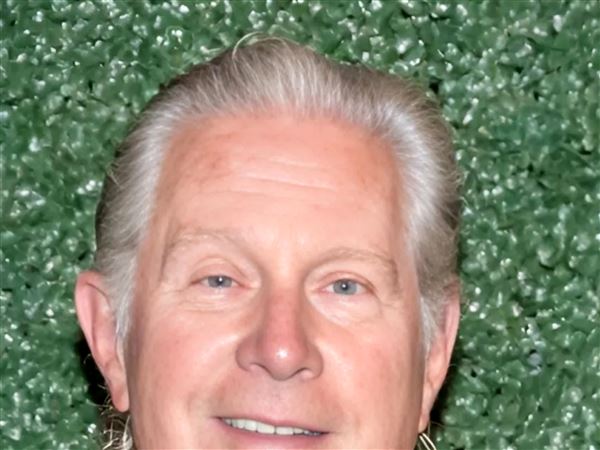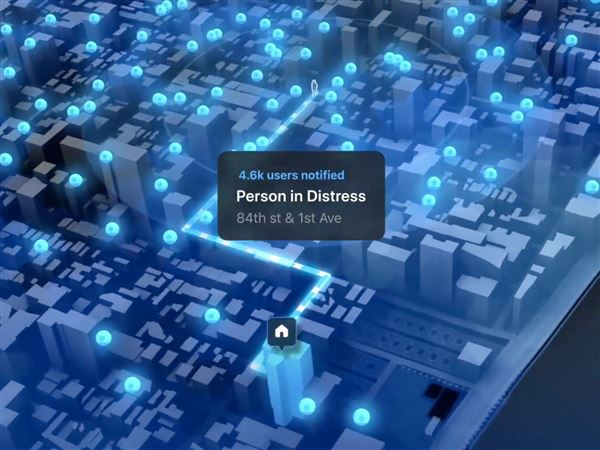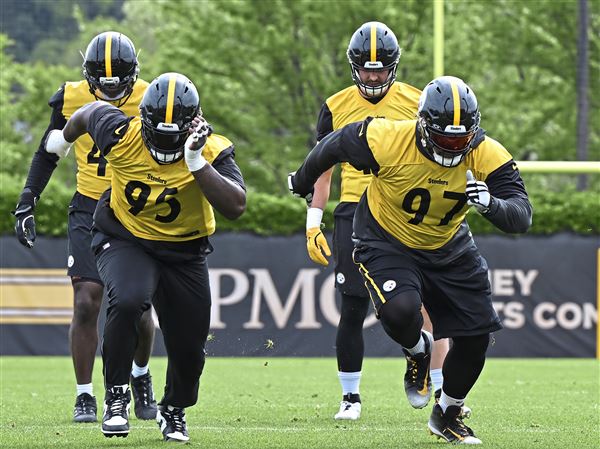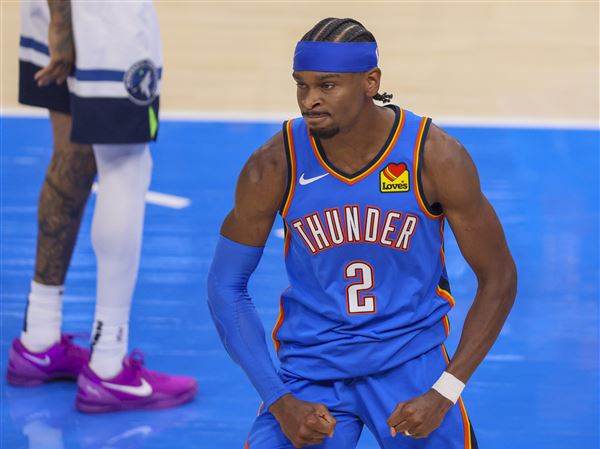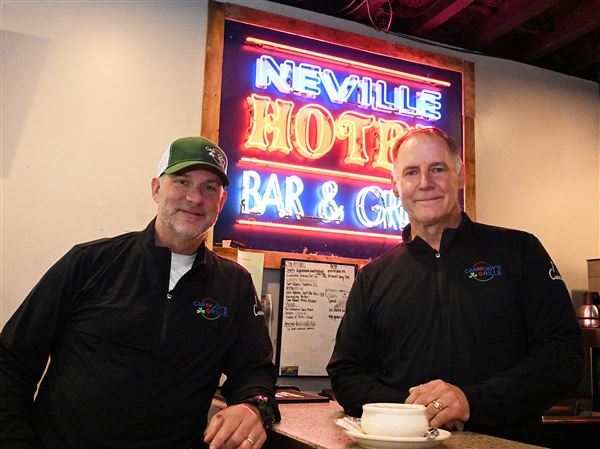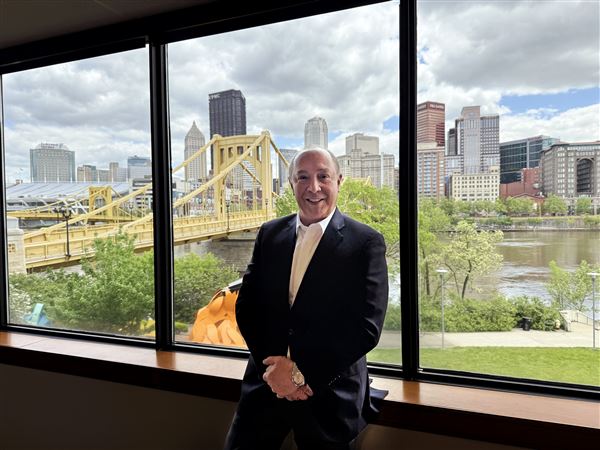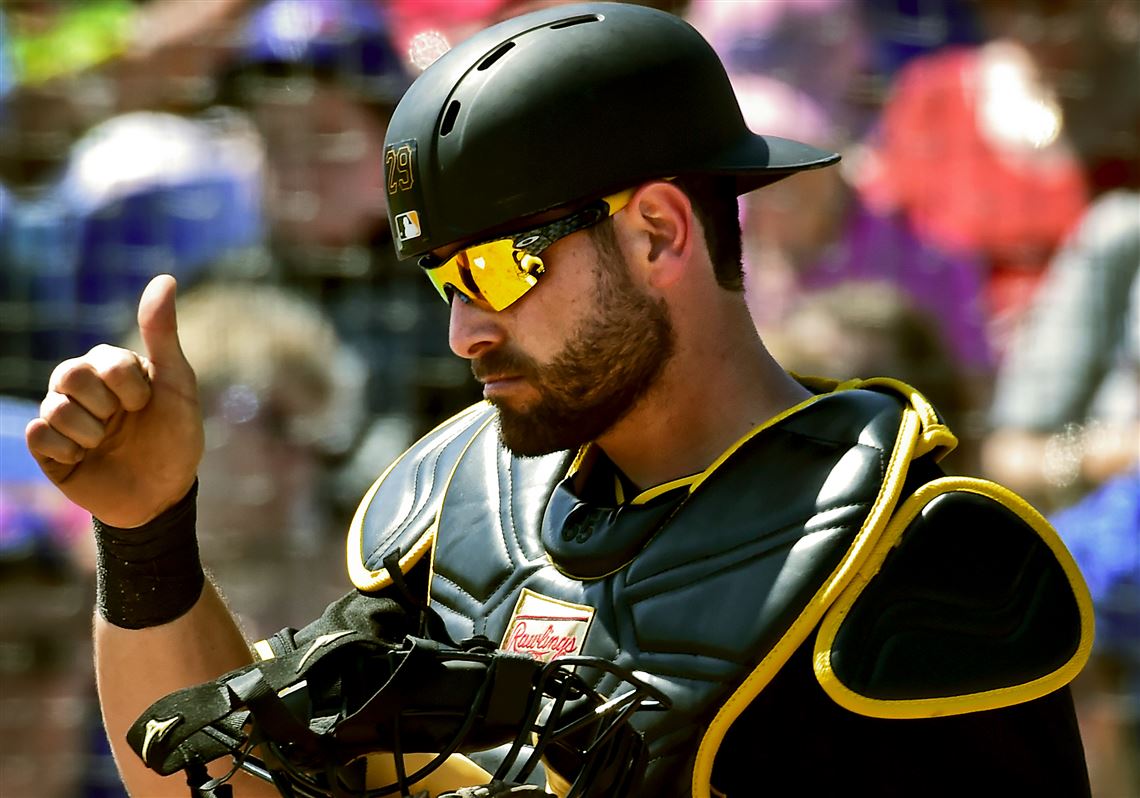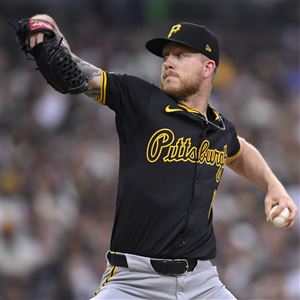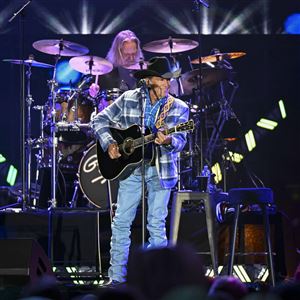BRADENTON, Fla. -- Francisco Cervelli's journey to becoming the Pirates' starting catcher began 12 years ago on a dusty baseball field in his hometown of Valencia, Venezuela.
Cervelli was watching from the bleachers as major league scouts milled around a few local prospects down on the diamond. He was 16 and had been sick for two months with hepatitis. He'd tagged along that day to watch his friend, Gustavo Rosendo, audition for the big leagues.
After a while, one scout walked over.
"Hey, I know you," he said. "Can you make one throw to second base?"
Cervelli didn't understand -- he only played third base, shortstop and pitched. Rosendo was the catcher.
"I've never caught," Cervelli responded.
"One throw," the scout said.
Cervelli scrambled off the bench, pulled on a pair of sweats and crouched behind home plate. He fielded a fastball and fired a throw to second, right on the bag.
The scout was Carlos Rios, the New York Yankees' Latin American scouting director. One throw was all he needed.
"You're the guy," Rios told Cervelli.
Later that day, Rios called Cervelli's father, Manuel, who runs a bus company in Valencia. The Yankees had an offer. Rosendo, the friend, caught on with the Oakland Athletics.
"The Yankees were there to sign him," Cervelli said, "but they signed me."
Learning fast
On May 19, 2007, Roger Clemens began his Yankees comeback at 44 with a rehab start at Class AA Tampa. Yankees owner George Steinbrenner watched from a private suite, and a record crowd of 10,257 packed Legends Field.
Cervelli was terrified. It was just four years since he had signed with the Yankees, and despite moving swiftly through the minor league system, he was still learning the nuances of catching. And here came The Rocket.
Clemens had been pitching in the big leagues since 1984. Cervelli was born in 1986.
"I was so scared in the beginning," Cervelli recalled. "You had to be with him every pitch, because the location of his pitches depended on where he was looking."
You had to be locked in, he said. You had to watch his eyes.
That's the thing, ex-Yankee and current Pirates catcher Chris Stewart said recently. Growing up as a catcher in the Yankees organization, stocked each year with elite and veteran pitching talent, can in some ways be detrimental to a young catcher's growth.
"Say those guys aren't throwing to the best of their ability," Stewart said. "You kind of feel it's really not your place to let them know they need to be doing certain things. They're the veteran guy. They should be able to figure it out on their own.
"When do I step in? How do I step in?"
Cervelli has worked with some of the very best, too -- from Clemens to Mike Mussina, C.C. Sabathia and Mariano Rivera. No one helped him more than Andy Pettitte, Cervelli said. No one could do what Pettitte did with 91 miles per hour.
"This guy opened the door for me, talking about confidence," Cervelli said. "Call the game. Be in charge of the game. Be a leader of the game. He told me, 'Don't be scared. Say what you want to say. Don't second-guess yourself.' "
"He knew he had no power in that fastball, but he got people out like, wow. No fear."
Cervelli caught alongside the likes of Pudge Rodriguez, Jorge Posada, Jose Molina, Russell Martin, Stewart and Brian McCann. He asked a lot of questions. He felt lucky, he said, "because every year I had somebody with a lot of things to share."
"My teacher was Jorge," Cervelli said. "I spent a long time with him. Nobody works more than Jorge. Jorge was my mentor in that department. He was a beast."
I’m Cervelli
With the Yankees, though, Cervelli was on the sidelines again. He wasn't exactly stuck in the bleachers like that day in Valencia, but whether through injury -- he had plenty of them -- or inconsistency, he was always playing second fiddle.
In 2013, while already out rehabbing a broken hand, Cervelli was suspended 50 games for his involvement with the Biogenisis of America clinic.
"There was a lot of frustration," he said, "but I took a lot of good things from that time away."
In November, the Yankees and Pirates swapped Cervelli for left-hander Justin Wilson. It meant the Pirates weren't bringing back Martin. They, like Rios so many years earlier, were telling Cervelli, "You're the guy."
"At first, I didn't know how to react," Cervelli said. "Twelve years with a team is a lot. Then I realized it was the best opportunity of my life. It's the best thing that ever happened to me. I'm here. I'm happy."
When outfielder Jose Tabata heard the news, he wasn't conflicted at all.
"Wow, I was so proud," Tabata said. "When he was traded, I said, 'The baby is back!' "
Tabata and Cervelli met in Yankees rookie ball back in 2005. This spring, they were next-door neighbors in the Pirates locker room. A.J. Burnett, Mark Melancon and Stewart all played with Cervelli in New York.
"He's got the best energy in baseball," Tabata said, laughing. "Maybe he's got too much energy. But, hey, it's Caribbean baseball."
"He seems like a little kid out there playing little league with his buddies," Stewart said.
With Cervelli, it's always been this way.
"To play this game you've got to bring something different," he said. "Without my energy, I couldn't be in the big leagues. I want it more than everybody else. It's like [Derek] Jeter said, I know a lot of guys can hit more than me. They have more talent than me. But nobody wants it more than I do. Nobody."
This spring, Cervelli's new black and yellow chest protector wasn't ready yet, so he wore Martin's old one. He knows he'll be compared often to Martin, a three-time All Star who batted .290 with a .402 on-base percentage last season as the Pirates' popular backstop.
"I understand people's expectations," Cervelli said. "That happened when I was with the Yankees. When Mariano left, [David] Robertson took the job. Everybody said, 'Wow, he's going to be like Mariano.' Nobody can be like Mariano. Nobody can be like Russell. Russell is a great catcher. I'm a fan of his. But I'm Cervelli."
Stephen J. Nesbitt: snesbitt@post-gazette.com and Twitter @stephenjnesbitt.
First Published: April 5, 2015, 4:00 a.m.

